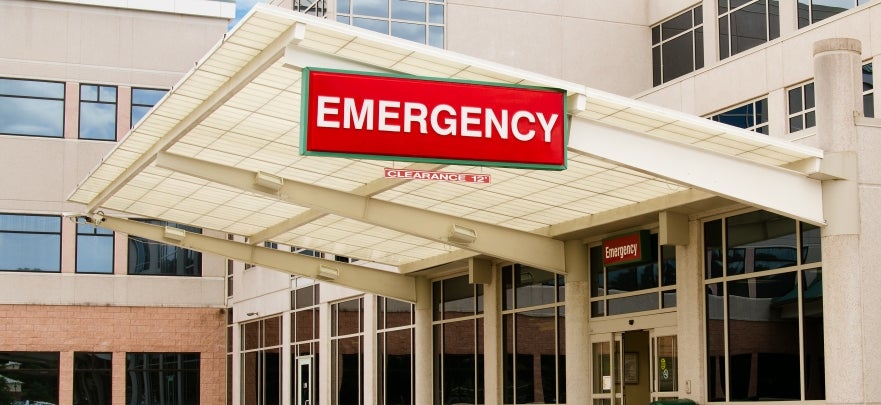Should I Go to Urgent Care or the ER?
Knowing where to go when you’re sick or have had an accident can sometimes be tricky, especially when your primary care physician is unavailable. Do you head straight for the nearest urgent care clinic or is your health issue severe enough that you need to make your way to the nearest hospital’s emergency room?
Each option has its place and choosing the right option will require some self-evaluation. An ear ache or a runny nose need not prompt a visit to the emergency room (a department within a hospital). There’s an important difference between minor and major injuries and the amount of medical staff needed to treat such occurrences.
Urgent care clinics fill in for your regular doctor. Often open evenings and weekends, urgent care facilities provide routine injury treatment and acute medical care that would typically be performed in your primary care physician’s office.
Yes, an emergency room will treat these problems too, so why go to urgent care clinic? Here are a few reasons:
- Urgent care centers have a shorter wait time to see a provider.
- Most urgent care visits can be finished within an hour.
- You can walk in or schedule an appointment ahead of time.
- Urgent care is more affordable.
- Urgent care can be more convenient and found in nearby locations like shopping centers.
- Most urgent care centers take insurance.
You should visit an urgent care center if you experience any of the following:
Fever: An ER may be more appropriate for infants and toddlers
Minor fractures, X-rays, Back pain, Nausea, vomiting and diarrhea, Minor headaches, Stitches
Blood work, Bumps, cuts and scrapes, Foreign objects in the eyes or nose
Ear or sinus pain, Vaccinations
Cough or sore throat, Lab services, Animal bites
Sprains and strains, Mild asthma
Allergies, Rashes and minor burns, Minor allergic reactions
Cold or flu symptoms, Burning with urination Eye irritation, swelling or pain
Hospitals are ready for just about anything. Yes, an ER is equipped to treat minor injuries or illness, but emergency rooms are better suited for the big stuff. Emergency rooms can generally respond to almost any emergency within the capabilities a hospital 24/7. Such services may include X-rays, ultrasounds, CAT scans and MRIs, operating, beds for overnight needs, and wide array of specialized physicians to meet a patient’s specific needs.
Wait times will vary. Urgent care clinics might be staffed with only a doctor and a nurse practitioner or physician assistant, but the lower severity of the patient’s needs means most can be seen quickly. An ER admits patients using a system known as triage, which gives priority to more serious cases. If you’re in need of immediate lifesaving care, the ER is where you should go.
Costs will differ. You may face a higher copay for emergency room visits compared with an urgent care visit. So, if you don’t have a life-threatening illness you may want to choose an urgent care center for lower costs.
Urgent care clinics know their limits. Although picking the most suitable place for treatment is important, a severely ill person will be quickly sent to an ER if checked in at urgent care center. Please, please, please keep in mind that the lost time can cause further trauma or even be fatal when dealing with more severe symptoms like shortness of breath or loss of consciousness.
When to Go to an Emergency Room
Emergency rooms are perfect for emergency situations. If you have a life-threatening condition, go straight to your nearest ER. Such conditions include:
Chest pain- Difficulty breathing - Stroke- Head trauma- Severe bleeding- Loss of vision
The difference between urgent care clinic and ER is the severity of the health problem. If the condition is life threatening, go to the emergency room.






